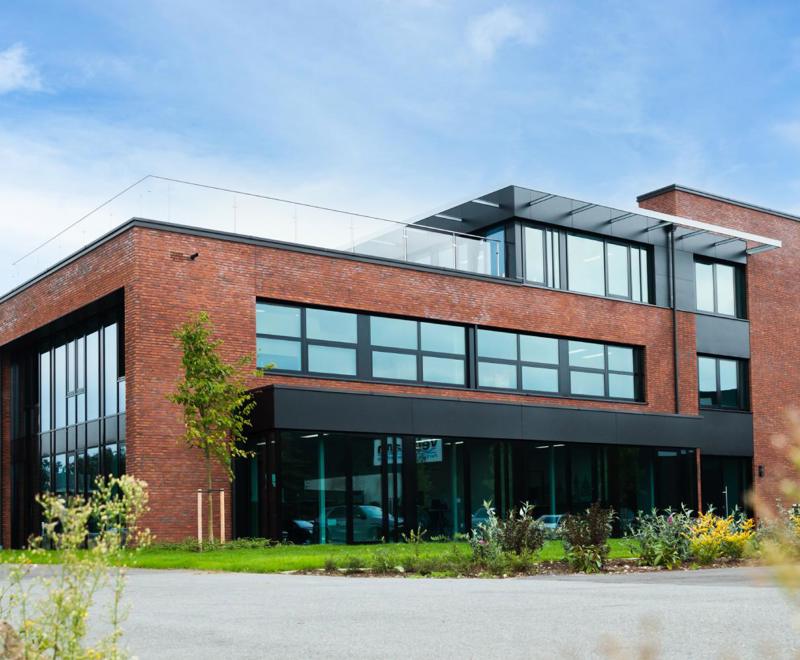What should you take into account?
With a cross-border takeover, compared to a domestic takeover, there are a number of additional matters that you must take into account. These points of interest do not have to stand in the way of a quick takeover, as long as you are assisted by the right specialists.
#1 International and German law
In cross-border mergers and acquisitions you will also have to deal with European regulations and, in this case, German law. And German law differs from Dutch law on a number of important points.
For example, in Germany it is easier (and cheaper) to break off takeover negotiations. But then it is important that German law also applies to the negotiations. You can arrange this in the letter of intent (LOI).
Please note that in Germany the notary plays an important role in a takeover, just like in the Netherlands. For example, agreements about a share transfer must always be made at the notary.
#2 The construction
Do you opt for an asset deal or a share deal? In a share deal you take over all shares of the GmbH. The GmbH therefore remains intact. This means, among other things, that all employment contracts are also transferred to you by operation of law.
With an asset deal you take over one or more business units. For example, one specific product, a number of contracts or just the name. In that case, you must take into account specific German laws and regulations that apply to that specific part. And will you take over the complete substantive business operations or essential parts of the production process? Then it is good to know that existing employment contracts will in principle remain in force.
Both constructions therefore have advantages and disadvantages, which you must weigh against each other. Not only legislation and regulations, but also tax aspects play a role.
#3 Due diligence
With due diligence you identify legal, financial and commercial opportunities of the acquisition and check the accuracy of the information presented by the GmbH. This can prevent you from being confronted with ongoing lawsuits, debts or disadvantageous contracts afterwards.
In the case of a cross-border acquisition in Germany, it is important that you have this due diligence carried out by a German lawyer (in German: Rechtsanwalt ) and a German tax advisor ( Steuerberater ). There is a good chance that your Dutch advisors have insufficient experience with German regulations. If you choose German advisors who also speak Dutch, they can update you in your own language and work seamlessly with your Dutch advisors.
#4 The culture
Just as with a domestic business takeover, it is important that you familiarize yourself with the culture of the company you are taking over in advance. If you take over a GmbH, it is also important that you also familiarize yourself with German culture and manners. So people will appreciate it if you speak German. In addition, German corporate culture is a lot more formal than in the Netherlands. For example, there is much less chance of tutoying, there is more hierarchy and colleagues more often keep work and private life separate. For good synergy it is good if you take this into account!




